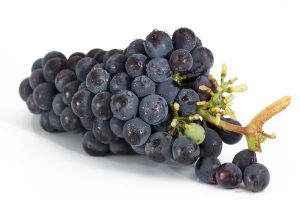In “How Organic Food Enhances the Taste of Meals,” we explore the delightful difference that organic ingredients make in our culinary experiences. By diving into the natural, unaltered flavors that organic farming preserves, we uncover how these wholesome foods elevate our meals to extraordinary levels. Through rich textures, vibrant colors, and pure, intense tastes, organic food creates a sensory experience that’s truly unmatched by conventional options. Join us as we savor the benefits and discover why making the switch to organic can transform not only our plates but also our palates. Have you ever wondered how organic food affects the taste of meals? We certainly have, and today, we’re diving into the delightful world of organic cuisine to uncover how it can truly enhance our gastronomic experiences. Let’s explore how making the shift to organic ingredients can amplify the flavors on our plates and why so many people are enthusiastic about this health-conscious choice.

What is Organic Food?
Before we dig into the taste benefits, it’s essential to understand what makes food “organic.” Organic food is grown or raised without the use of synthetic chemicals such as pesticides and fertilizers, and it doesn’t include genetically modified organisms (GMOs). When it comes to meat and dairy, organic means the animals have been given organic feed and have had access to the outdoors.
Criteria for Organic Certification
For something to be certified organic, it must meet specific criteria established by organizations such as the USDA (United States Department of Agriculture). These rules regulate the types of substances that can be used (or not used) and the practices that ensure sustainability and environmental protection.
| Criteria | Organic Farming |
|---|---|
| Plant Production | No synthetic pesticides or fertilizers |
| Animal Welfare | Access to outdoor environments |
| Genetic Engineering | Prohibited |
| Fertilizers | Organic compost and green manure |
Understanding these criteria helps us appreciate the level of effort and care involved in farming organic foods, which, in turn, plays a significant role in how these foods taste.
The Flavor Profile: Conventional vs. Organic
So, why does organic food often taste better than conventional food? The farming methods used in organic agriculture aim to enrich the soil and create a balanced ecosystem, resulting in more nutrient-dense and flavorful produce.
Soil Quality
Healthy soil is key to nutrient-rich produce. Organic farming primarily focuses on soil health through crop rotation, the use of compost, and natural fertilizers. These practices help retain the soil’s natural structure and nutrients, making for more robust and flavorful crops.
| Aspect | Organic Soil | Conventional Soil |
|---|---|---|
| Nutrient Density | High | Variable |
| Soil Microbes | Abundant | Reduced |
| Erosion Control | Strong | Weaker |
| Pesticide Residue | None | Present |
Crop Variety
Organic farms often grow a variety of crops rather than focusing on monocultures. Crop rotation and diversification not only enrich the soil but also produce fruits and vegetables with a wider range of flavors.
Impact on Specific Foods
Now that we’ve got a grasp on the fundamental differences, let’s explore how organic farming practices improve the taste of specific food categories.
Fruits and Vegetables
Organic fruits and vegetables often taste fresher and more vibrant than their conventional counterparts. The richness of the soil and lack of synthetic chemicals allow the natural flavors to flourish. Think of the last time you bit into a crispy organic apple or juicy organic tomato—the flavor was probably more concentrated and satisfying.
Dairy Products
When it comes to dairy, organic milk, cheese, and yogurt possess a creamier, richer texture, and a more pronounced taste. Organic dairy animals are typically grass-fed, which influences the fat content and, consequently, the flavor profile of the milk.
Meat and Poultry
Free-range and organically farmed meats often have a more pronounced, complex taste. Animals raised on organic feed and allowed to roam freely typically have better muscle development and marbling, which contribute to enhanced flavors.
Grains and Legumes
Organic grains and legumes, like rice, wheat, and beans, offer a nuttier and fuller taste. They’re grown in nutrient-rich soil, which helps develop their complex carbohydrates into flavorful components.
Nutrition and Taste: A Symbiotic Relationship
Nutrient-dense food not only contributes to our health but also to the taste. The presence of vitamins, minerals, and natural sugars enhances the flavor profile of foods.
Antioxidants
Organic foods are often richer in antioxidants, compounds known for their role in preventing oxidative stress and contributing to overall flavor. Higher antioxidant levels can make fruits and vegetables taste sweeter and more vibrant.
Essential Nutrients
Foods grown in nutrient-rich soil absorb more of these vital nutrients. For example, tomatoes grown organically have higher levels of Vitamin C, which contributes to their tangy, rich flavor.
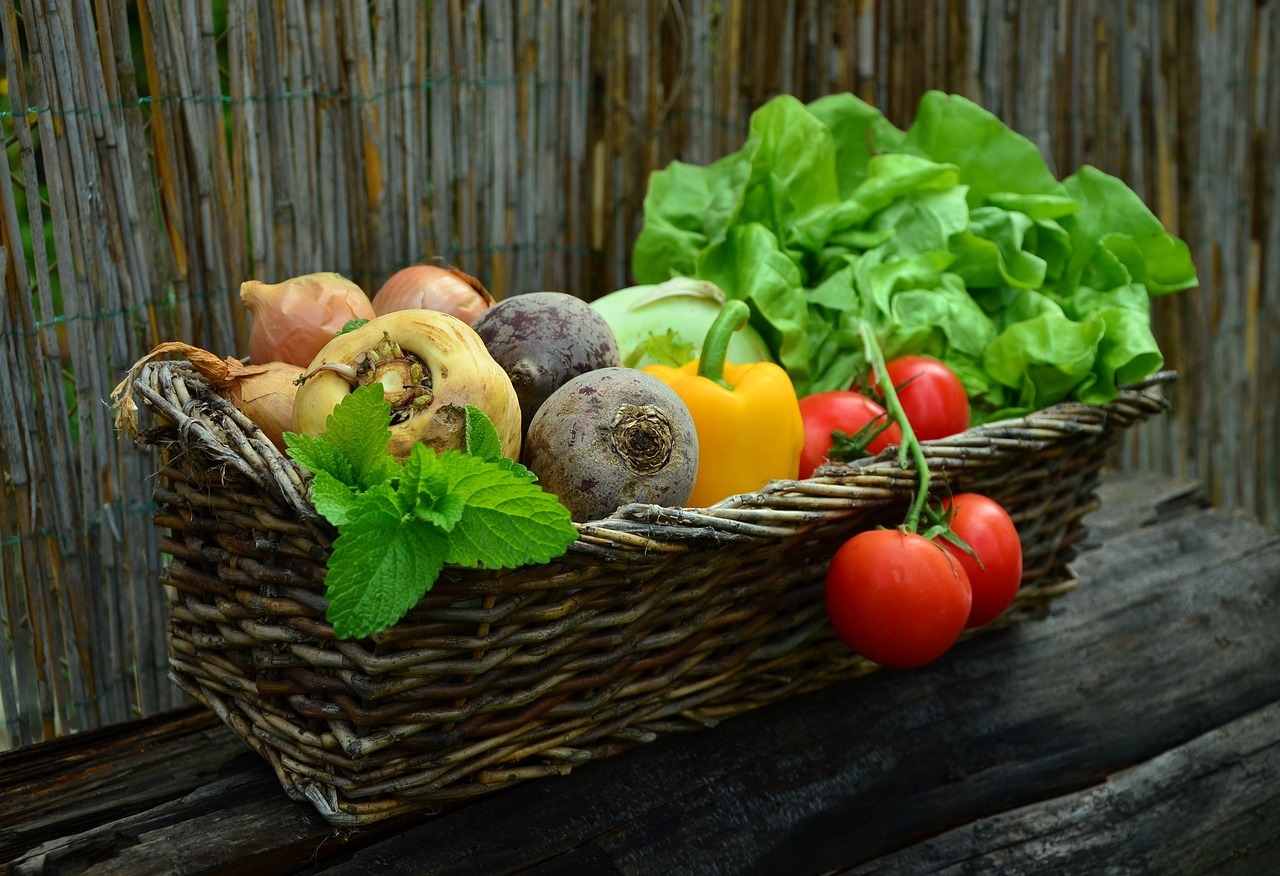
The Role of Freshness
The journey from farm to table often affects how foods taste. Organic foods are typically fresher because they don’t contain preservatives that extend their shelf life.
Local Sourcing
Many organic food products are sourced locally, which means they spend less time in transit and more time retaining their natural, fresh flavors.
Shorter Supply Chains
A more direct route to the consumer results in fresher produce, dairy, and meat. This freshness is a critical factor in preserving the taste qualities.
Criticisms and Misconceptions
While organic food is celebrated for its taste and health benefits, it’s not without criticisms and misconceptions.
Higher Cost
One common misconception is that organic foods are overpriced. However, the higher cost often reflects the more labor-intensive farming practices and lower yields per acre, ensuring no harmful chemicals are used.
| Misconception | Reality |
|---|---|
| It’s just a trend | Reflects long-term health and sustainability benefits |
| Overpriced | Costs cover sustainable and labor-intensive methods |
| No impact on taste | Organic methods often yield richer flavors |
Taste is Subjective
Taste is highly individual, and it’s worth noting that some people may not detect significant flavor differences between organic and non-organic foods. What’s crucial is that choosing organic often means advocating for environmental sustainability and animal welfare in addition to seeking potential taste benefits.
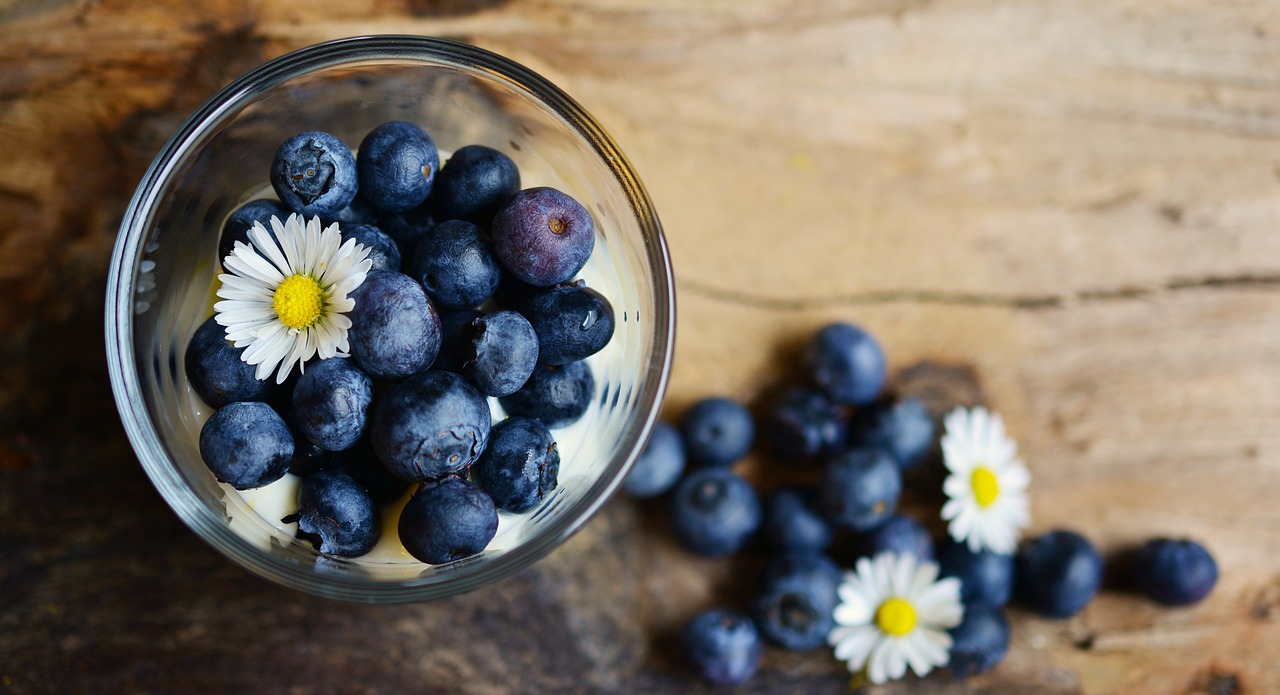
Real-Life Tasting Experiences
To further convince ourselves, let’s hear from those who regularly consume organic foods. Many chefs and food enthusiasts have noted how organic food has dramatically changed their cooking and eating experiences.
Chef Testimonials
Top chefs worldwide often prefer organic ingredients for their dishes. They emphasize the fresh and intense flavors that organic produce and protein bring to their culinary creations.
Family Feedback
Families who switch to organic often report that mealtime becomes more enjoyable. The enhanced flavors can make children more interested in eating fruits and vegetables, thereby promoting healthier eating habits from a young age.
Making the Switch
If we’ve piqued your curiosity and you’re eager to try organic foods for yourself, here are some practical tips for making the transition seamlessly.
Start Slowly
Transitioning to a fully organic diet can be overwhelming and expensive if done all at once. Start by prioritizing certain foods—like those on the Environmental Working Group’s “Dirty Dozen” list that are most prone to pesticide residue.
Shop Seasonally
Seasonal organic produce is not only cheaper but also fresher. Shopping seasonally helps you enjoy the natural flavor of fruits and vegetables at their peak.
Visit Farmers’ Markets
Farmers’ markets are excellent places to find organic produce. You’ll often find a range of fresh, locally-sourced options that carry robust flavors.
Grow Your Own
If you’re up for the challenge, growing your own fruits and vegetables guarantees that you know exactly what goes into your food. Nothing beats the taste of produce harvested right from your garden.
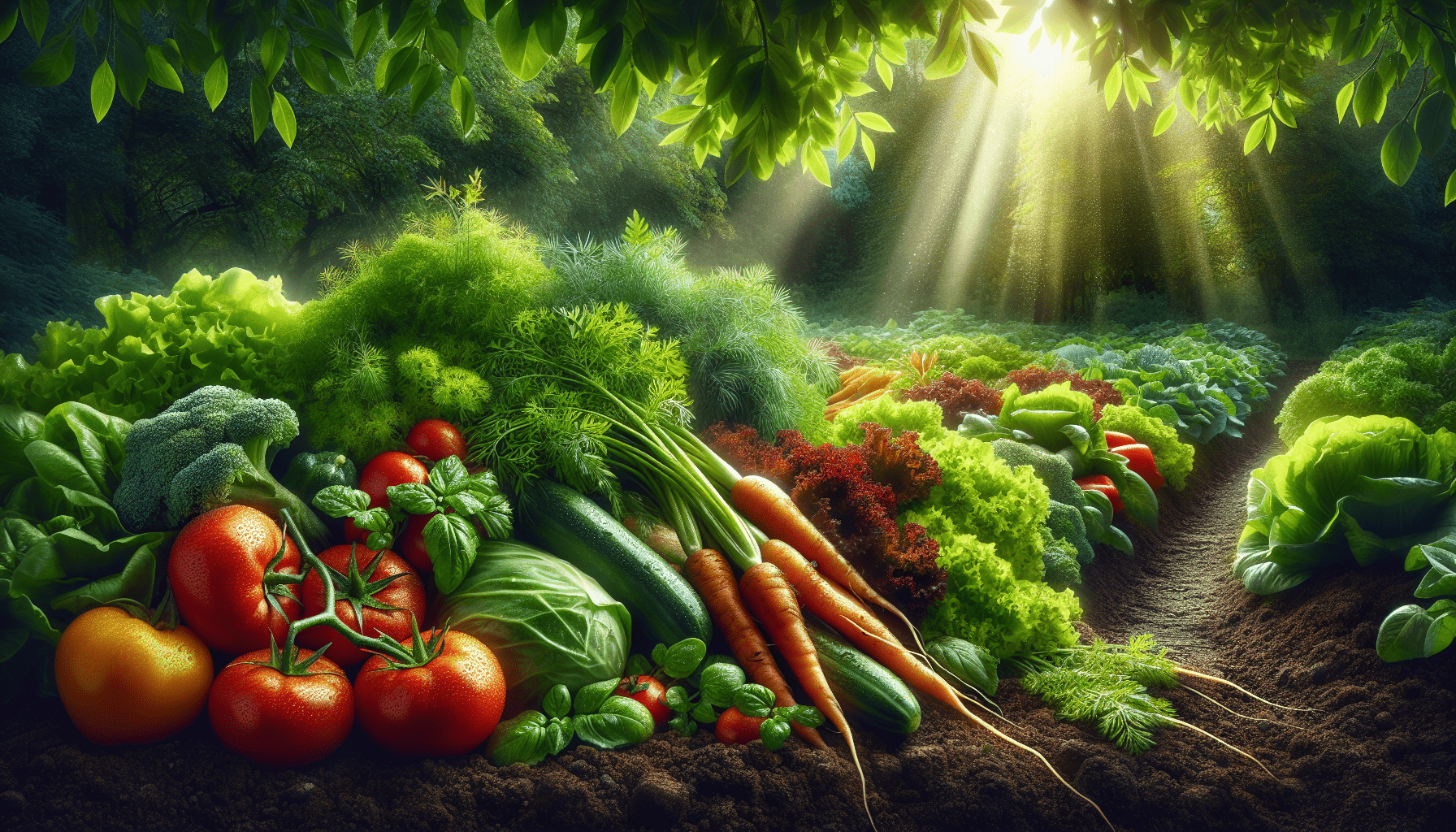
Comparing Recipes: Organic vs. Conventional
Let’s take a look at how the choice of organic ingredients can elevate a simple recipe.
Tomato Salad
Consider a basic tomato salad made with organic tomatoes, basil, and olive oil versus one made with conventionally grown ingredients. The organic version often bursts with flavor, with the tomatoes tasting sweeter and the basil more aromatic.
Roast Chicken
A roast chicken made with an organic bird will likely be juicier and more flavorful than one made with a conventionally raised chicken. The meat’s texture can be more tender, and the natural fats infuse the chicken with a richer taste.
The Environmental Impact
While taste is a significant factor, we also appreciate the broader implications of choosing organic food.
Sustainability
Organic farming practices promote biodiversity and sustainability. By reducing the reliance on synthetic chemicals, we benefit the planet and future generations.
Reduced Pollution
Fewer chemicals mean fewer pollutants entering our waterways and soil. Eating organic supports cleaner air and water.
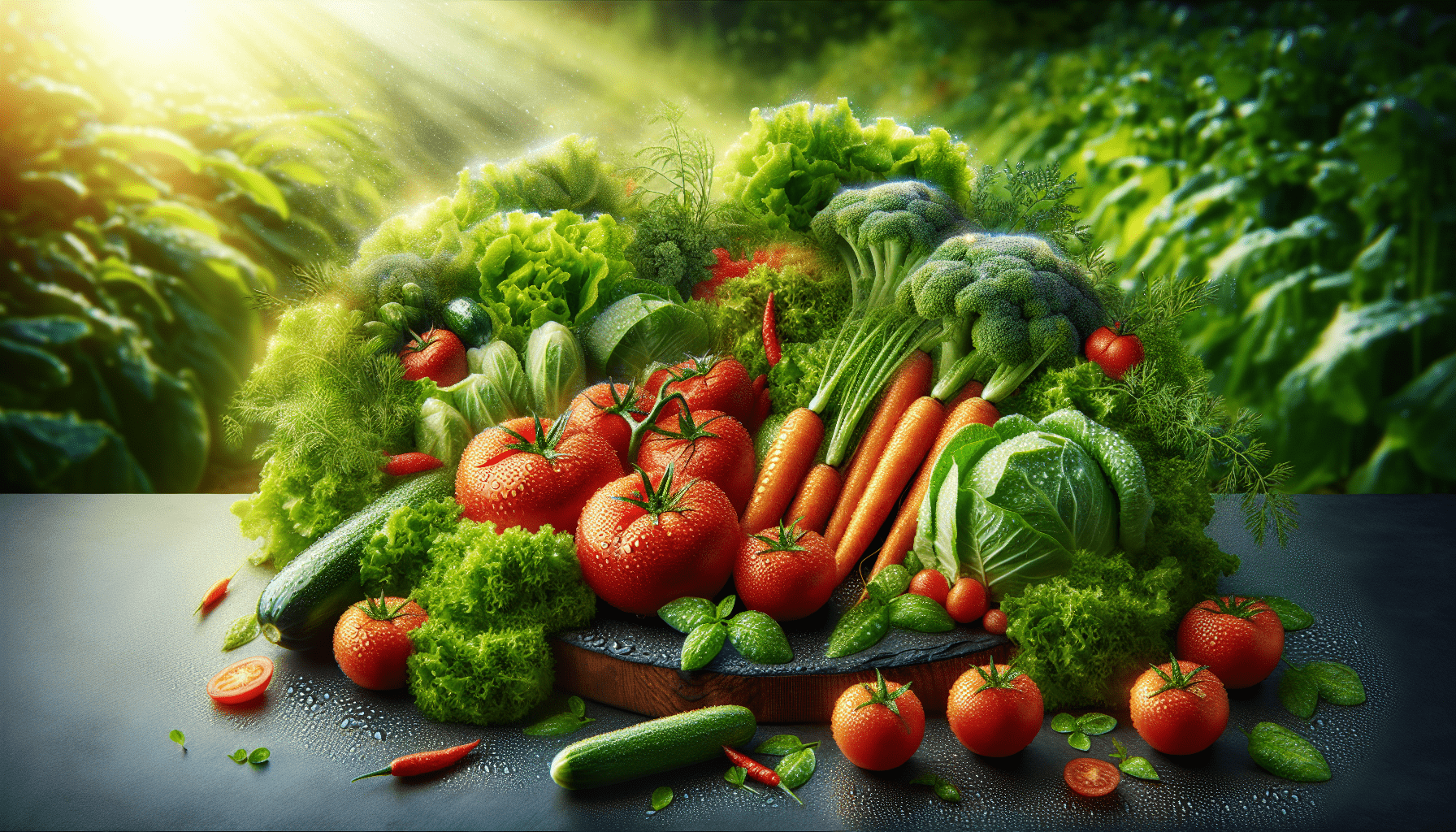
Conclusion: A Tasteful Choice
In the quest for better-tasting meals, switching to organic foods offers multiple benefits. These foods often provide a more vibrant, nutrient-rich taste experience while also contributing positively to our health and the environment. From the soil quality to the farming practices, every step in the organic process plays a role in elevating the flavors of the foods we enjoy daily.
By understanding and appreciating these differences, we can make more informed choices about what we put on our plates. Whether you’re a seasoned organic enthusiast or just starting to explore, we hope you find the journey deliciously rewarding. So, why not give organic a try and discover how it can enhance the taste of your meals?


